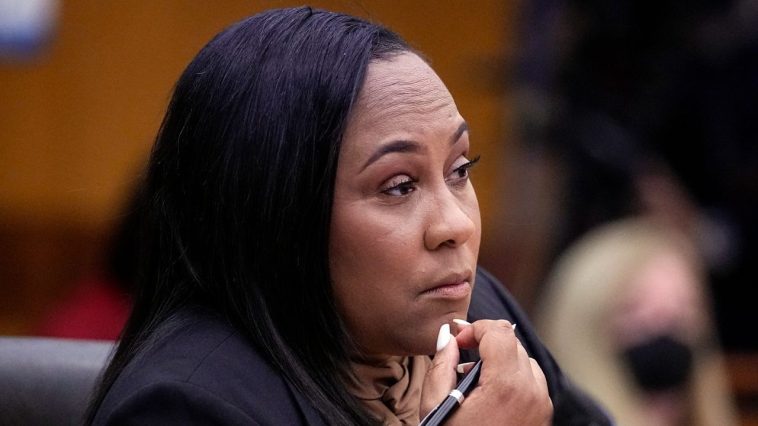In a significant legal development, a Georgia judge has ruled that state lawmakers can subpoena Fulton County District Attorney Fani Willis as part of an investigation into alleged misconduct during her prosecution of President-elect Donald Trump and others in the high-profile election interference case.
The Decision
The ruling, issued on December 23, affirms the authority of the Georgia Senate’s Republican-led committee to compel Willis to provide testimony and documents. The inquiry centers on allegations of potential misconduct in her handling of the Trump case, including claims of bias and conflicts of interest.
The decision follows recent controversy over Willis’s appointment of special prosecutor Nathan Wade, with whom she reportedly had a personal relationship. Critics have questioned whether this relationship compromised the impartiality of her office during the prosecution.
Background on the Case
Fani Willis has been at the forefront of prosecuting Trump and several associates for alleged attempts to overturn the 2020 election results in Georgia. Her approach has faced scrutiny, particularly after the Georgia Court of Appeals recently disqualified her from leading the Trump case, citing an “appearance of impropriety.”
The court’s disqualification of Willis has fueled concerns among Republican lawmakers about the integrity of her actions. The subpoena is part of a broader effort by lawmakers to examine her conduct and determine whether her office overstepped its authority or acted inappropriately.
Next Steps for Willis
Willis now faces a deadline of January 13 to comply with the subpoena or challenge it in court. Her attorney, former Georgia Governor Roy Barnes, has indicated plans to appeal the ruling, describing the subpoena as overly broad and potentially infringing on prosecutorial independence.
Broader Implications
This development adds another layer of complexity to the ongoing legal challenges involving President-elect Trump. For Republicans, the inquiry into Willis represents an opportunity to highlight concerns about partisan motivations in legal proceedings. For Democrats, it raises questions about judicial independence and the limits of legislative oversight.
Political Ramifications
The case underscores the heightened political tensions surrounding Trump’s legal battles. Republicans have argued that Willis’s actions were politically motivated, while her defenders contend that she was pursuing justice in a case involving alleged election interference.
As the January deadline approaches, the subpoena battle will likely intensify, with potential implications for both the Trump case and the broader debate over prosecutorial conduct and oversight in politically charged cases.


